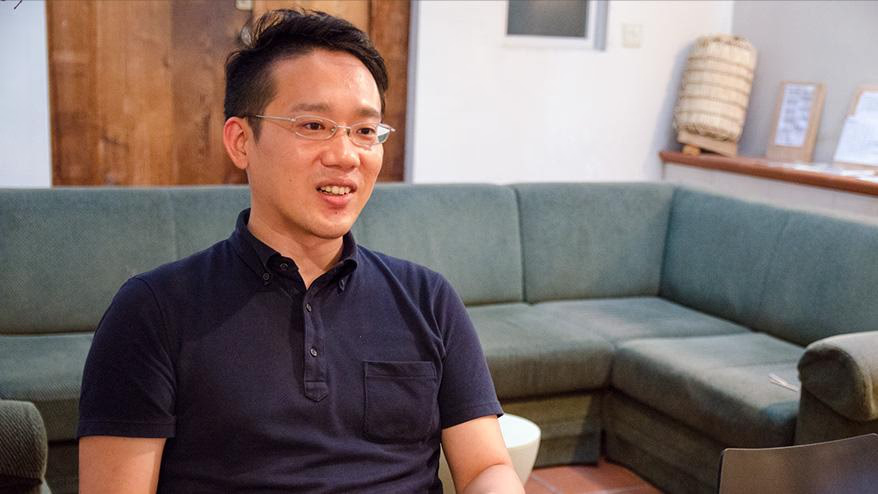こんにちは、コーディングファクトリー(以下CF)部コーダーの大坂です。
以前、同じCF部の田中・菅野が仕事の仕方や考え方を聞いてみる企画をしていたので「自分も同じように聞いてみたい!」と思い、同じ企画を行うことにしました。
対談の相手は、「元コーダーでありながらも、現在はディレクション業務に比重を置いている」という点で何かと私と共通点が多い、元CFのコーダーで現在はクリエイティブ部のテクニカルディレクションチームに所属する中川に話を聞いてみました。
聞かれる前に自分から教える、それがお互いの為になる。
大坂
中川さんと初めてやりとりをしたのは自分が入社した時のライブコーディング※からでした。ライブコーディング自体はいつから行われているのでしょうか?
※ ライブコーディング…第三者がみている前で、リアルタイムでWebページをコーディングすること。中川は勉強会としておこなっていて、不明点や気になった点があればその場で質問し、解決していた。
中川
菅野君が入社した時ぐらいからだからいつからだろう?むしろ「菅野君にいつ入社しましたか?」って聞いてもらった方が早いかも※(笑)
※菅野の入社は2010年10月
大坂
なるほど(笑)菅野さんが第一人者だったという事なんですね。
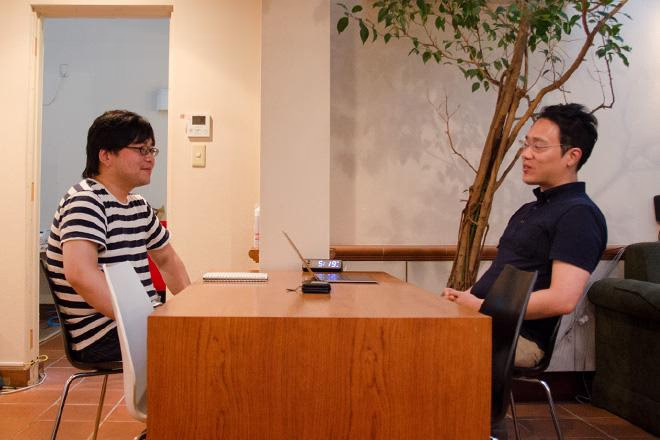
左:大坂 、右:中川
中川
確かそうです。その時はライブコーディングという名目じゃなくて、自分も忙しいし、菅野君も何もわからないだろうし、とりあえず作業を見ておいてもらいました。わかんないことがあればどんどん聞いてと…。
量産の案件には入ってもらっていたけど、普通の案件は全然はやってもらったことがなかったから、1日自分の作業を見てイメージをつかんでもらおうと、やってみました。
そしたら彼の技術力が目覚ましく伸びた。そこで気づいたんだけど「口でいくら説明しても限界があるな」ということ。実際、コーダーには口頭で説明するよりソースコード見せた方が理解が早いんだなと。
大坂
その場でソースコードについて質問出来るという点も新人の自分にはありがたかったです。
中川さんはCF部から部署移動して、業務もディレクションメインに変わったのに今も新人コーダーにもライブコーディングを行っているのには理由があるのでしょうか?
中川
新しく入ってきた新人に「ここどうやるんですか?」と過去と同じ質問をされることが多かったんで、聞かれる前に自分からやった方がいいなと。スキルの底上げをすることで、会社のためにもなるし自分のためにもなりますし。
大坂
それでも何年も続けて続けているところは面倒見のいい中川さんらしいですね。
中川
違う部に移ったからといって「CFはもういいや」というのは違うと思うんですよ。だからこちらから声は掛けて、やるやらないは本人に任せています。
コーダーからディレクターへの転身
大坂
CF部からの部署異動でディレクションチームに入った当初からディレクターになるのは決まっていたんですか?
中川
いえ、最初は決まってなかったです。CFにいたころから制作のディレクションはしていたので、それと同様にディレクション・コーディング両方やっていたのですが、ディレクションの比重が増えてきたときに上司の永井から「ディレクターとコーダーどっちでやっていきたい?」と聞かれて「ディレクターですね」と答えました。
そこから案件が増えてきて、現在のテクニカルディレクターとしての働き方になってきました。
大坂
意外ですね。勝手なイメージだと「俺はディレクターになるんだ!」と決心して動き出したのかと。
中川
いえいえ、そんな事ないです。コーダー1本としての業務に限界を感じてました。
基本出来れば小難しいコードを書きたくないんですよ。
大坂
え、それは言ってしまって大丈夫なんですか?
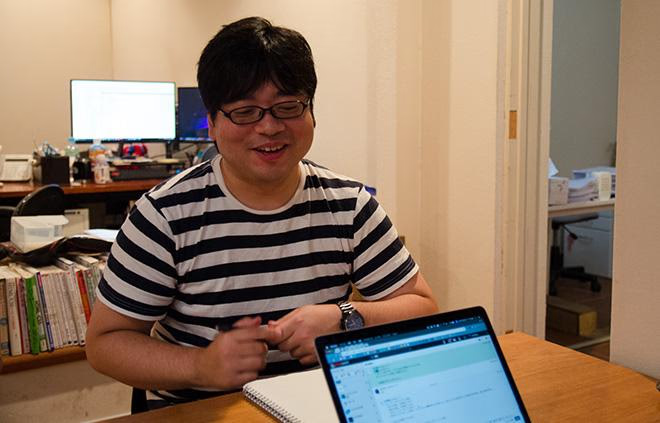
中川
事実ですし。お客様にも「私は○○が出来ません」とはっきり言いますよ。「その代わりに○○は出来ます」ということもきっちり伝えますけどね。
大坂
うーん、聞いてる側からすると出来ること、出来ないことが明確だとあまりマイナスには感じませんね。
中川
マイナスだからと言って隠しても意味が無いですからね。「出来ません」というのは簡単ですが、それ相応の理由とそれ以外のメリットが無いとはっきり言えないですよ。
大坂
なるほど、なかなか覚悟がいりますね…。
お客様のニーズに合わせて制作スタイルを変える
大坂
部署の編成が変わり、CF部のコーダーからディレクションチームのコーダーとして肩書が変わったことで、仕事の仕方や考え方が変わったことはありますか?
中川
コーダー的なところで言うと、CFガイドラインよりもお客様に合わせたコードを意識するようになったところです。CFガイドラインはチーム内でのクオリティを均一化させるという目的に比重を置いていると思いますが、今のチームに移ってからは納品先が直接エンドクライアントだったりするので、そういうコーディングにあまり慣れていない人たちや、自社内で今後サイトを運用したい人たちに向けて、どう作ったら効率がいいかということを想定して制作する。その為にはガイドラインよりもこういう風に組んだ方が良いとカスタマイズするようにしています。
大坂
お客様に合わせて制作スタイルを変えたということですね。
中川
そうです。後はチェックについても変わりました。デザイン通りにガチっと作ってそれ通りにチェックするのではなく、1巡目だけ出してクリティカルなエラーだけを潰し、後はパーツ集があればそれに合わせるなど。お客様のニーズによってどこまでがマストかというのは変わってくるので、意識してチェック出しと修正をするようになりました。
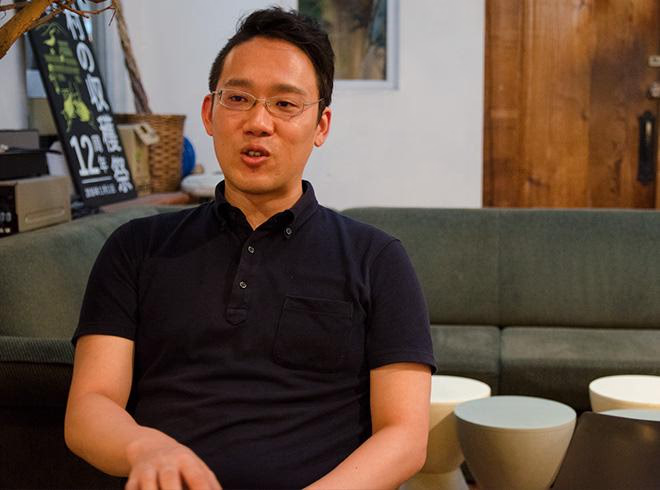
大坂
確かに適材適所で柔軟に対応する方が良い場合もありますよね。CFはデザイン通りにガチっと作ってデザイン通りにしっかりチェックする分、事前のヒアリングが特に大切になると思っています。
中川
そうですね。デザインをよく確認して「この部分はもしかしてこうなりますか?」のようにイメージを膨らませた上であたりをつけて自分からどんどん聞き出す事が大事です。
大坂
なるほど、よく他ディレクターの方と打ち合わせに参加した際に、話の聞き出し方がうまいなと感じる事が多々あります。ですが、仕様・デザイン以外の部分で想定してあたりをつけるのは中々難しいです。
中川
それは聞き出す事を続けた結果、自分の中に引き出しが増えたという効果もあります。案件の数をこなすと必ず「ここは前の案件でつまずいたな」という部分が出てきます。その反省点をまとめておくと、次回以降あたりをつけるのは楽になってくると思いますよ。
汲み取って、予測して、提案する。
大坂
私もコーダーでありながら、ディレクションに比重を置く業務が増えてきたので、ディレクションで大事な事、働き方についてお聞きしたいです。
中川
ディレクターになってから働き方が変わったという部分は特に無いです。働き方はコーダー・ディレクターでの境はないと思っています。
大坂
CFでも制作自体のディレクションはしますね。その延長線上ということでしょうか。
中川
そうですね。ディレクターは制作が動いている間はやることが無いです。代わりに社内の制作陣とのやり取りで時間を使わなくてはいけなくなります。お客様からの連絡は緊急で無ければ明日で良くても、社内は明日にすると制作の次の工程が進まなくなるので、工数やスケジュールの管理が大事になってきます。
大坂
スケジュール管理は大変だと日々痛感しています。スケジュール管理が上手くいくコツがあれば教えて下さい。
中川
ある程度自分でスケジュール内の工程の予想を立てることです。「この期間でお願いします」のお尻のところは案件によっては全然マストではないこともあるので、例えばもしマストじゃなくてスケジュールが厳しい所であれば、別工程と交換したり、色々と選択肢は広がると思いますよ。
大坂
そうですね。後々振り返ってみるとマストじゃなくても良かったんじゃないかと思う事も多いです。
中川
同じ工程でもそれぞれの1日の重みは全然違いますからね。汲み取って、予測して、提案することが大切です。
当たり前の事を継続する大切さ
大坂
自分自身で「ここは強い」等のセールスポイントはありますか?
中川
なんだろう?特に意識した事は無いですね…。
大坂さんは何かありますか?
大坂
「お客様とのやり取りを丁寧に行える」事です。以前お客様から実際に褒めて頂いた事があって、それ以来意識してやりとりしています。伝わりにくいと感じた時は、補足資料を用意する、メールの文章は相手の伝わり方を考慮して何度も構成を確認する。当たり前の事ですが、その当たり前をお客様はよく見ていると思うんですよね。
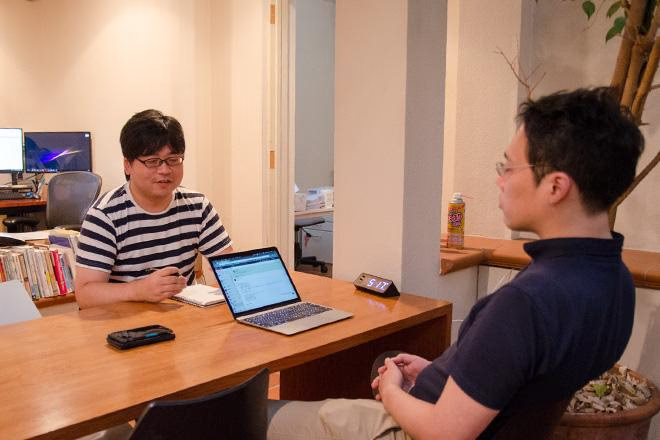
中川
それは大事ですね。何かの漫画かドラマで言っていたのですが「思いついても実際にやらなければ思いついていないのと同じ」だと。実際に行動に移しているのは良い事だと思いますよ。
大坂
ただ行動は出来ても続けることが苦手なので、次は続ける事を意識してみようと思います。
対談を終えて
人の働き方を聞くという事は、業務においての指導とはまた違った勉強になると実感しました。中川の話で意外だったのは、ディレクターになる事を自分から決めたわけではないという事でした。私の固定概念だと「何か大きい事を決める前は、きっかけがあり、それに対して自分の中での意見を固め、決心してから行動する」と手順を踏んでから行うものだと思っていましたが、聞いてみると考えはあったとはいえ「なるようになる」というスタイルだったと…。逆に言えば「ダメならこうしよう」と臨機応変にこなす事の方が大切なのかもしれません。
今回の対談は自分にとって良い刺激になったので、これからの業務で早速盗ませて頂いた技術を使っていこうかと思います。
「中川さん、これからもよろしくお願いします!」
